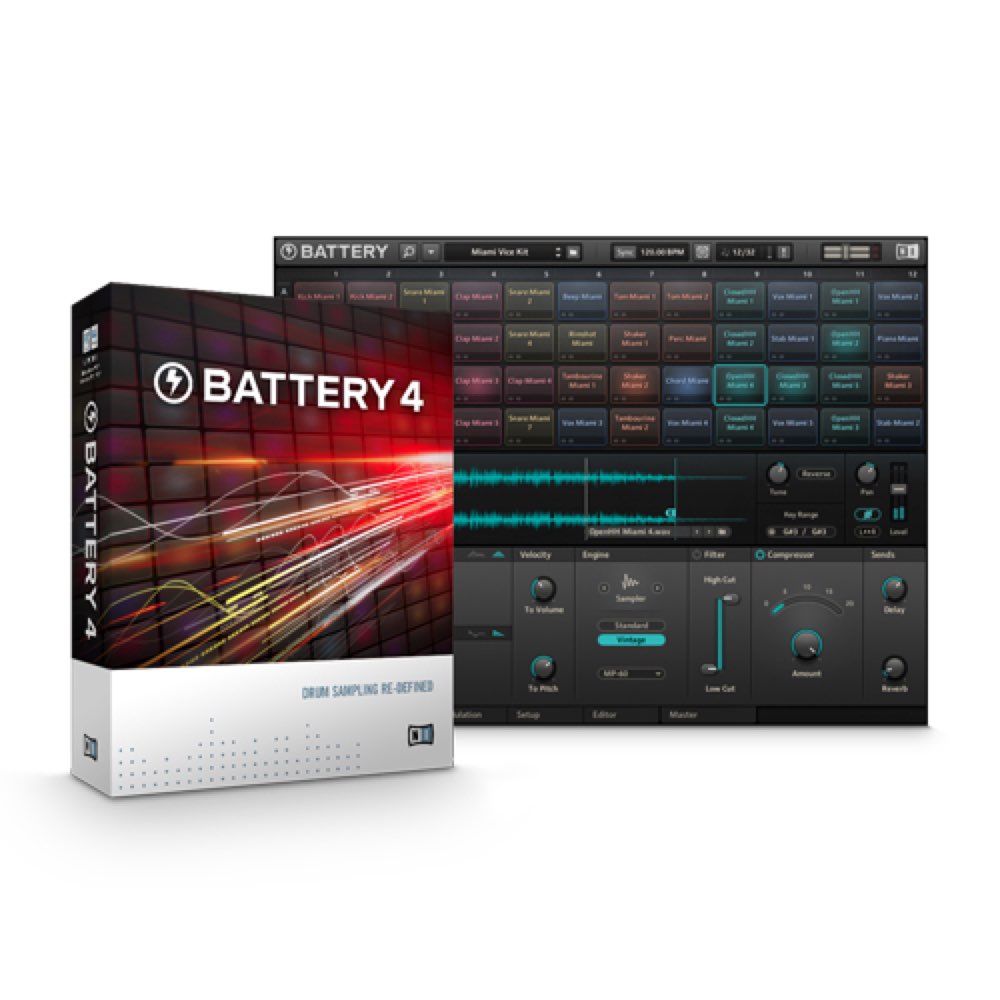


It's fine if the synthesizer runs on a laptop computer, but it would be even cooler if I could get it to run on an ARM processor.ĭoes it sound like that Matlab/Simulink/Audio Toolbox bundle would be worth the investment for the convenience factor, or will it be better for me in the long run to stick to Python and C/C++ (or just use regular Matlab/Octave without Audio toolbox)? I will be largely doing this on my own without the help of other students or an advisor, so I'm hoping that buying an inclusive software package like Matlab will result in fewer hours of frantic googling than cobbling together a bunch of Python libraries and trying to figure out how to get them to communicate with audio hardware. The first project I'd like to implement is a simple 3-oscillator frequency modulation music synthesizer, which will be controlled via MIDI (my senior project will be the hardware design of a MIDI controller for this specific synthesizer). It gives some important sounds like bell 1. An internship that I'm planning on applying to requires Matlab experience and recommends some Simulink experience. SOUND TOOLBOX is useful to play sound in case of emergency of specific condition. I'm trying to figure out if it's worth the ~$120 to get the student license of Matlab/Simulink + Audio Toolbox (my school only has standard Matlab without the audio toolbox, and no Simulink). By kill switching off all the apps it seems to have extended the battery. I've already taken the standard undergrad signals & systems and DSP courses (including a software DSP lab that used Numpy/Scipy), and I'm ready to try to build some real-time DSP algorithms. I also own a couple of the hardware boxes (The Audio Toolbox) designed by the. I am an ECE student with a keen interest in audio DSP, especially music synthesis and real-time audio effects.


 0 kommentar(er)
0 kommentar(er)
